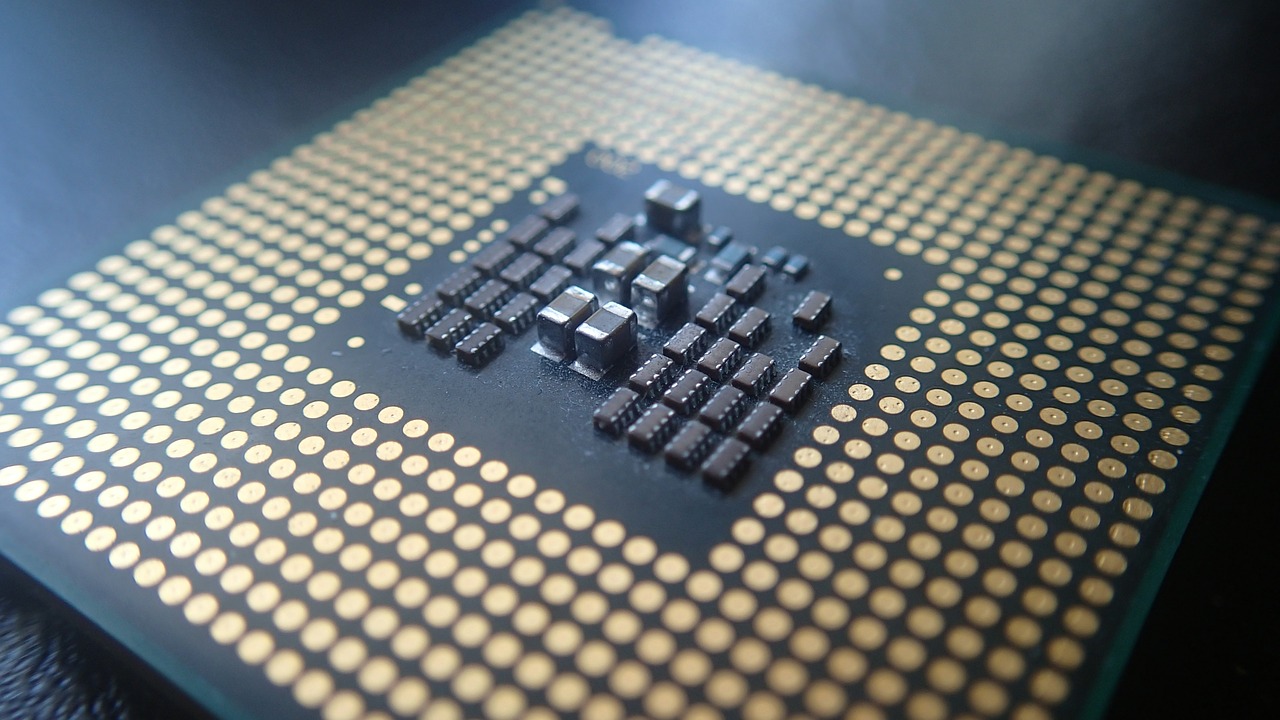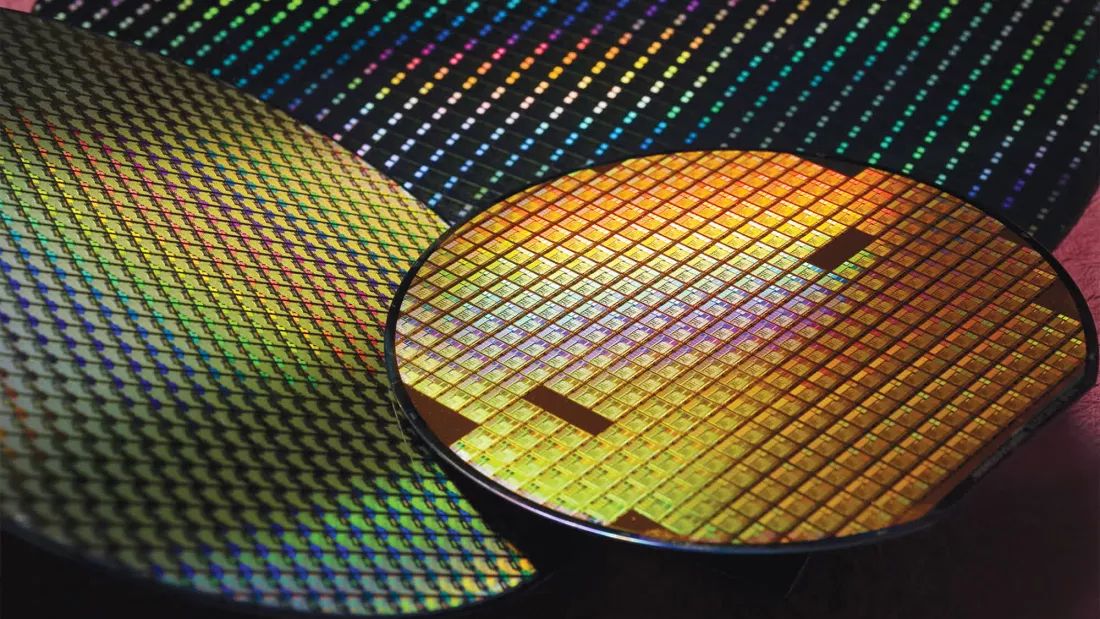Intel and the Israeli foundry and chipmaker, Tower Semiconductor, mutually agreed to call off an acquisition deal of the former by the latter. The US$5.4 billion (~RM25.1 billion) deal fell through because it failed to obtain the necessary approvals from Chinese regulators.
The dropout puts a crimp in Intel’s plan in expanding its integrated device manufacturing, or IDM 2.0 for short. If the acquisition of Tower Semiconductor had happened, the blue chipmaker would have been able to accelerate its plans to becoming a major foundry and service provider, and help it compete better against its Taiwanese rival, TSMC, as a result.

The deadline for approvals expired on 15 August 2023. It is being said that China had purposely dragged its feet on the Intel and Tower acquisition, as part of a response in its ongoing tech war with the US and its several sanctions. The most recent round of sanctions restricts American investments from being made in three fields: semiconductor and microelectronics, quantum information technologies, and specific artificial intelligence (AI) systems. If China’s action are validated to be true, it wouldn’t be a stretch to say that the Asian powerhouse is effectively weaponising the antitrust review process, of which Intel has already received the greenlight from antitrust reviewers in the US and Europe.

Pat Gelsinger, Intel’s CEO, said that he had been trying to get the green light for the Tower acquisition from China, and even went as far as to visit the country. Sadly, it was a fruitless attempt. Intel isn’t the first US company to toss a deal out the window because of China taking its sweet time. Last year, the company DuPont De Nemours was forced to terminate a US$5.2 billion (~RM24.2 billion) with Rogers Corp, after Chinese regulators failed to get back in time.
(Source: Reuters, Bloomberg, The Verge, Techspot)
Follow us on Instagram, Facebook, Twitter or Telegram for more updates and breaking news.

